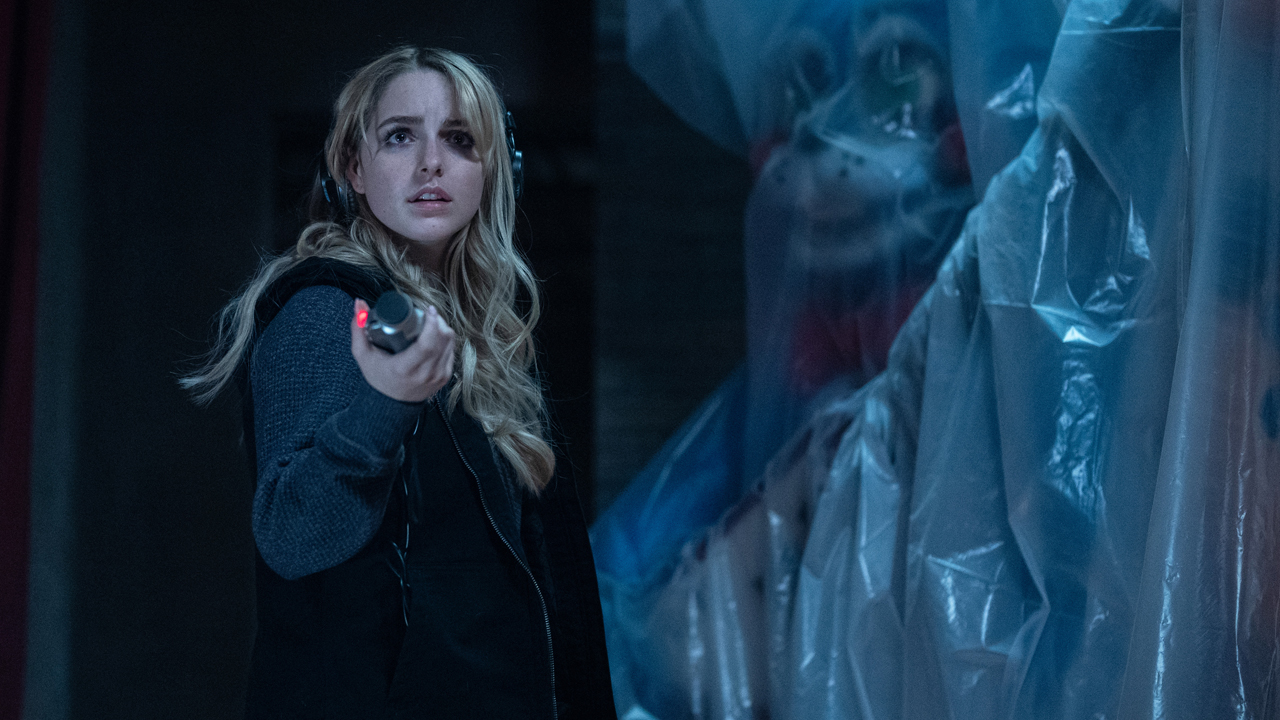10 Movie Franchises That Actually Got Better As They Went On
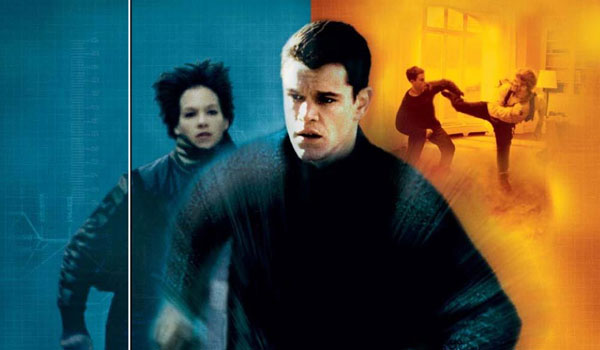
When it comes to sequels in Hollywood, "not as good as the original" is certainly one of the most common complaints you’ll hear. The first movie in a series sets a bar, and it’s by that bar that all subsequent titles are judged. For most franchises this proves to be an insurmountable task (Back To The Future and Jurassic Park spring to mind), but there are a few out there that have follow-up stories that are better than their predecessor.
Taking into consideration only franchises with three or more movies, and two sequels that are better than the original, we’ve put together a list of 10 franchises that actually got better as they went on. Read on for our selections, and hit the comments section with your thoughts!
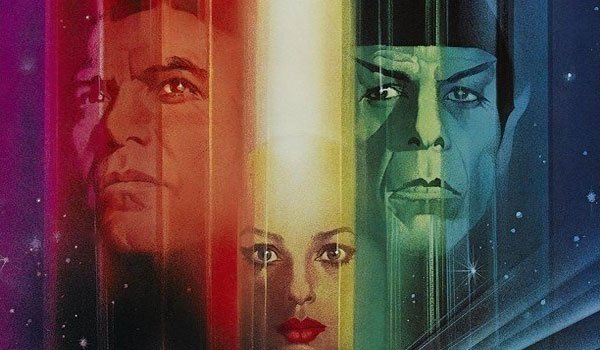
Star Trek
Star Trek is easily one of the most beloved franchises of all time, dating back to when audiences first watched William Shatner at the helm of the Enterprise on the original series. That being said, things didn’t exactly get off to a great start on the big screen, as Star Trek: The Motion Picture isn’t terrible, but it is quite slow and boring. Fortunately, the series then brought us Star Trek II: The Wrath of Khan (one of the best sci-fi movies ever made), and while it’s true that there are still plenty of other bad Star Trek films, we’ve also been gifted with some truly awesome titles, including The Undiscovered Country, The Voyage Home, and First Contact.
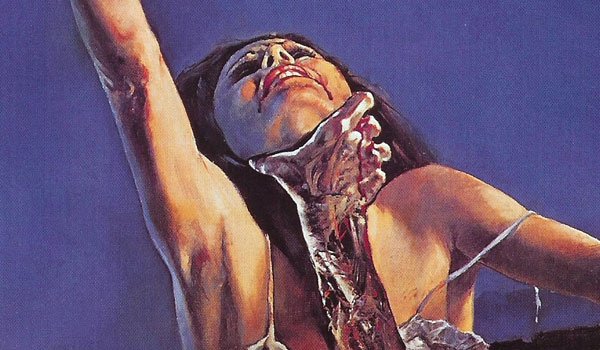
Some of the entries on this list will be seen as more controversial than others, and we expect this one will cause a bit of discussion. Sam Raimi’s original Evil Dead was made for a figurative five dollars and a stick of bubble gum, and while it’s rough as hell around the edges, it’s also now a horror classic. That only speaks to how great both Evil Dead II and Army of Darkness are, however. The evolution of the genre from movie-to-movie makes the franchise one of the more peculiar in film history, but it’s the sharper focus on the comedy side of things that elevate the sequels even beyond the spectacularly bloody original.
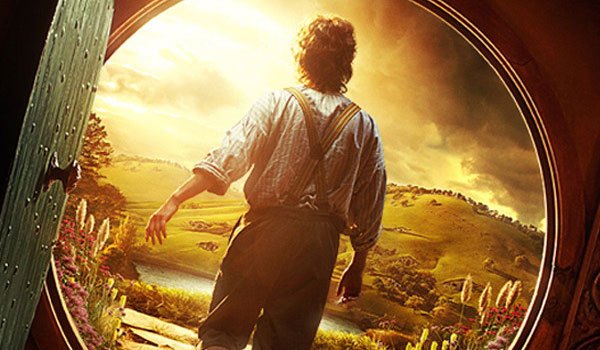
The Hobbit
Your Daily Blend of Entertainment News
J.R.R. Tolkien’s The Hobbit is a short story for children that, with skillful writing and editing, could be told within the confines of a two/two-and-a-half hour blockbuster. For the big screen adaptation, however, Peter Jackson and Warner Bros. decided they wanted a trilogy to complement The Lord of The Rings, so that’s what we got. As a result, the biggest general complaint about the movies is that they feel drawn out – but this is more of an issue with The Hobbit: An Unexpected Journey than either The Desolation of Smaug or The Battle of the Five Armies. Exposition and build-up weigh the first movie down, but does provide more freedom for the sequels to flow.
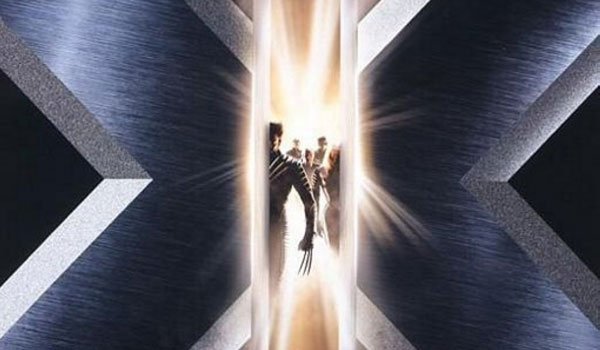
X-Men
Bryan Singer’s X-Men had a big hand in helping the re-launch of the modern comic book movie, but as a project that 20th Century Fox wasn’t entirely sure about as a major blockbuster, the film didn’t have the same kind of budget that superhero films do now. Its quality and the huge response to it, however, certainly caused things to change, and as a result the franchise did get better as it continued. Singer’s X2: X-Men United remains one of the best titles in the genre, and the ups of X-Men: First Class and X-Men: Days of Future Past help us forget about the downs of X-Men: The Last Stand and X-Men Origins: Wolverine.
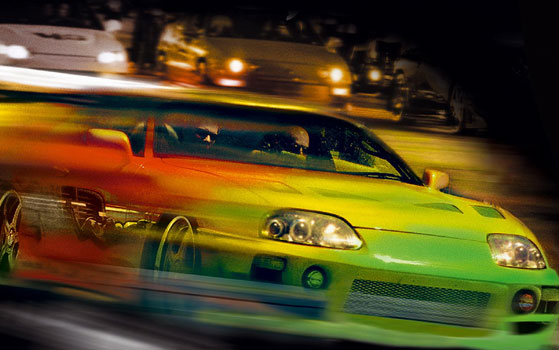
Fast & Furious
This list has so far discussed franchises the started off well and then got better with new chapters, but this one is a bit different. In addition to basically being a street racing-centric remake of Point Break, John Cohen’s The Fast & The Furious is a straight up bad movie – and John Singleton’s 2 Fast 2 Furious is arguably even worse. What saved the series was the introduction of Justin Lin – who not only made the surprisingly good Fast & Furious: Tokyo Drift, but also the best title in the franchise, Fast Five. The addition of James Wan’s Furious 7 only improved the good-to-bad ratio, and hopefully that’s a score that will only continue to get better.
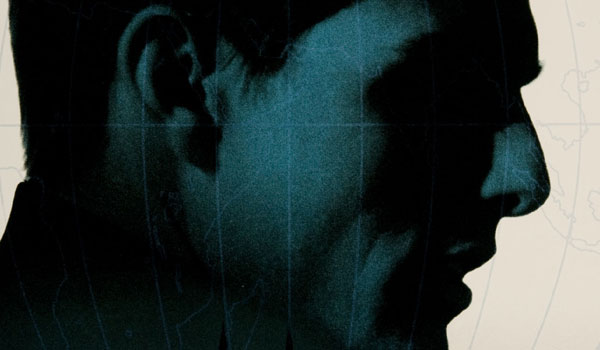
The Mission: Impossible franchise has been around for 20 years now, and few have had trajectories as odd. The original from director Brian De Palma is fun and has plenty of iconic moments, but also is just a tad bit convoluted – and it was followed by John Woo’s Mission: Impossible II, which is unquestionably the worst in the series. It wasn’t until 10 years after the original that things started picking up again with J.J. Abrams Mission: Impossible III, but most recently we’ve seen the cream of the crop thus far: Brad Bird’s incredible Mission: Impossible – Ghost Protocol, and Christopher McQuarrie’s stunning Mission: Impossible – Rogue Nation. It’s a franchise that has evolved unlike most since the start, and we’re excited for where it goes next.
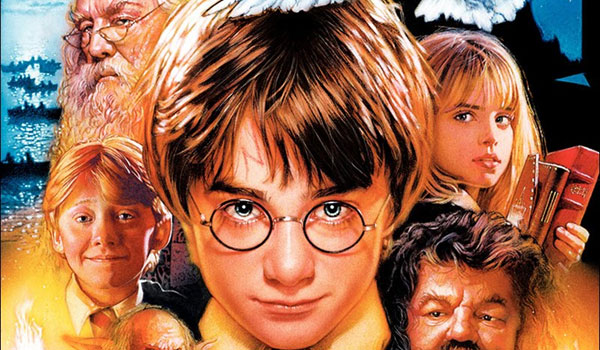
Harry Potter
Altogether, the Harry Potter movies will go down as one of the great young adult franchises Hollywood has made, but I think we can collectively agree that the movies didn’t get off to the best of starts. Chris Columbus deserves a lot of credit for bringing J.K. Rowling’s vision to the screen, but both Harry Potter and the Sorcerer's Stone and The Chamber of Secrets suffer from how close they hone to the books, and aren’t helped by rough CGI. Of course, Alfonso Cuarón gave the series a huge boost with The Prisoner of Azkaban (considered by most to be the best in the bunch), and director David Yates brought it all home strong, making the last four films.
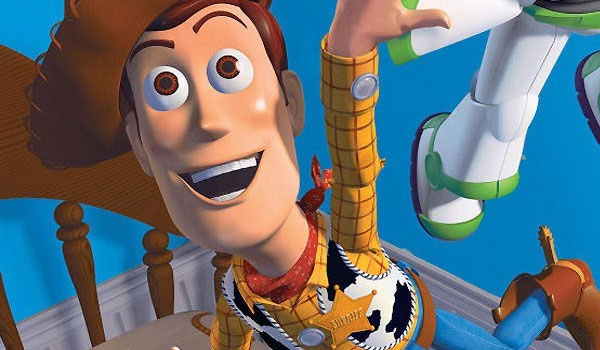
Toy Story
John Lasseter’s Toy Story will forever go down as one of the most revolutionary movies of all time, being the first animated feature film created entirely with computers, and it’s rich and creative story have helped it live on as a modern classic. Movies don’t get much better than Toy Story - but both Toy Story 2 and Toy Story 3 somehow actually are. The two sequels are emotionally powerful on an almost disturbing way, while also featuring absolutely gorgeous animation that the original simply didn’t have the technology to create. All together it’s one of the greatest trilogies of all time, and our fingers are crossed that the upcoming Toy Story 4 will add to the legacy.
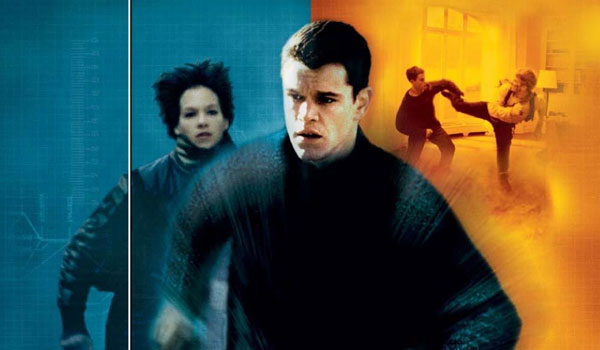
Jason Bourne
Doug Liman deserves a lot of credit for transforming Matt "Good Will Hunting" Damon into an action hero with The Bourne Identity, and setting a high bar for globe-trotting adventure – but it was having Paul Greengrass at the helm of the sequels that really put the franchise into high gear. Both The Bourne Supremacy and The Bourne Ultimatum are crazy tight, thrilling blockbusters, with Greengrass’ penchant for hand-held camerawork help defining the franchise’s aesthetic. The more recently released The Bourne Legacy from directory Tony Gilroy was a bit of a side-step, but Greengrass being back at the helm and Damon back starring in Jason Bourne fills us with anticipation.
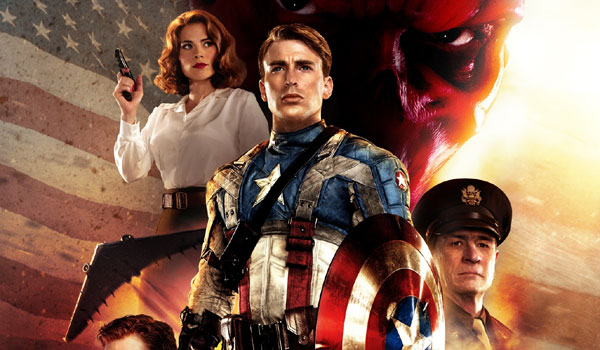
Captain America
Much as he did with The Rocketeer, Joe Johnston put together an absolutely wonderful period superhero story in Captain America: The First Avenger, and the only reason why this series is on the list is because both The Winter Soldier and Civil War compete as two of the best comic book movies of all time. Marvel Studios’ hiring of directors Joe and Anthony Russo was a big surprise, given their background primarily in television comedies, but their work with screenwriters Stephen McFeely and Christopher Markus resulted in two jaw-dropping thrillers that feature as much character development and drama as stunning action sequences. The First Avenger set the tee, and the sequels knock it out of the park.

Eric Eisenberg is the Assistant Managing Editor at CinemaBlend. After graduating Boston University and earning a bachelor’s degree in journalism, he took a part-time job as a staff writer for CinemaBlend, and after six months was offered the opportunity to move to Los Angeles and take on a newly created West Coast Editor position. Over a decade later, he's continuing to advance his interests and expertise. In addition to conducting filmmaker interviews and contributing to the news and feature content of the site, Eric also oversees the Movie Reviews section, writes the the weekend box office report (published Sundays), and is the site's resident Stephen King expert. He has two King-related columns.
